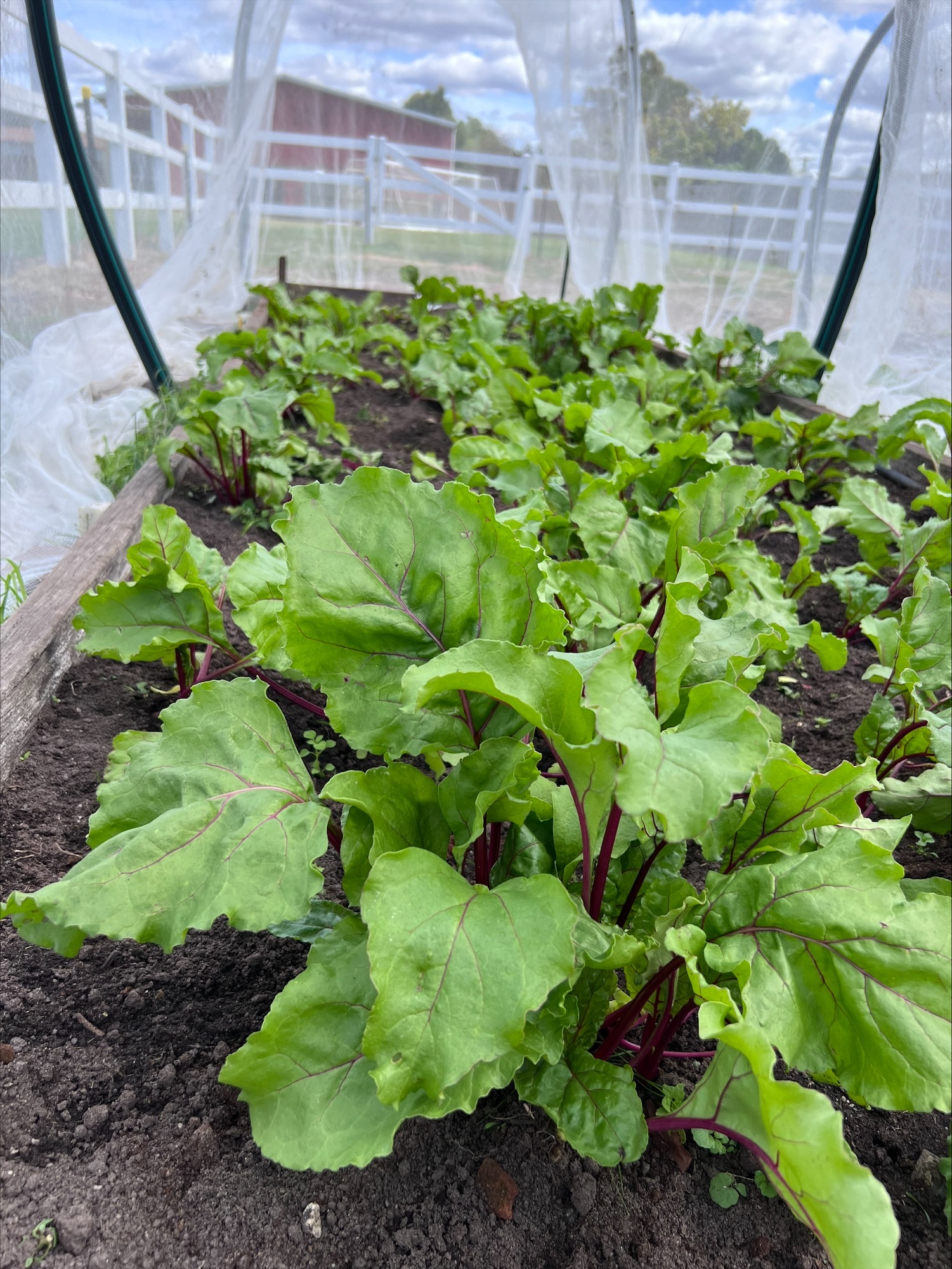In 2024, the Food and Agriculture Organization of the United Nations (FAO) is seeking a total of $1.8 billion within the Humanitarian Response Plans to assist 43 million people to produce their own food, as acute hunger continues to escalate worldwide.
The announcement by FAO was made as part of the United Nations’ large-scale humanitarian appeal, which was launched today on behalf of more than 1,900 humanitarian partners and covers 72 countries impacted by crises, both directly and indirectly.
Throughout 2023, humanitarian needs remained unacceptably high, with approximately one in every 33 people (258 million people) in 58 countries and territories facing acute hunger driven by armed conflicts, economic shocks, climate extremes, poverty and inequality. Concurrently, humanitarian budgets began tightening, leaving millions without assistance.
Emergency agriculture assistance is largely overlooked
On average, two-thirds of those experiencing acute food insecurity rely on agriculture for their survival. In humanitarian contexts, emergency agriculture interventions that enable people to produce their own food – often in combination with direct food distributions and cash transfers – can be the most efficient way to meet critical humanitarian needs while maximizing the impact of every single dollar provided.
Yet only 4 percent of total humanitarian funding going to food sectors is allocated to emergency agriculture assistance.
Food crises will continue to dominate the global outlook for 2024. Further funding squeezes are expected, while extreme weather events driven by the climate crisis and El Niño interact with new and intensifying conflicts and economic instability, pushing more people into hunger.
2023 FAO response in review
By the end of November, FAO had assisted more than 30 million people experiencing food crises in 2023, despite funding cuts.
Last year, at a cost of just $598 million, FAO’s emergency crop and vegetable production support alone enabled 23 million people in 29 countries to grow their own food and meet their family’s cereal needs for an average of 11 months. Overall, the crops and vegetables produced had a value of $2.75 billion. That represents an average return on investment of $6 for each $1 provided to FAO.
Decisions to fund emergency agricultural interventions at scale are having a measurable impact. In Afghanistan, for example, wheat packages provided by FAO not only could meet a family’s annual wheat needs, but the seeds provided yield far above the alternatives, with net increases of over 0.5 tonnes per household. With this level of agricultural assistance, combined with food assistance and cash transfers, the number of rural Afghans suffering from high levels of acute food insecurity has started to fall, decreasing from 47 percent of the measured population in March to May 2022 to 40 percent in April 2023.
Likewise, despite widespread fighting at a critical moment in the agricultural season in Sudan, with the tireless effort of local partners and support from the United Nations Office for the Coordination of Humanitarian Affairs (OCHA) in securing access to rural communities, FAO was able to rapidly distribute quality crop seeds to almost 1 million farming households in time for planting. Harvests from these seeds should be sufficient to feed about 13 million people for over 7 months.
Funds are urgently needed to pre-position critical inputs ahead of upcoming planting seasons – for example, in Ukraine and South Sudan. FAO advocates for flexible, unearmarked funding to be provided through the Special Fund for Emergency and Rehabilitation Activities (SFERA). This is the most effective way of supporting FAO’s work, enabling the Organization to quickly act when situations deteriorate or new crises emerge.
“At a time of global funding cuts, this type of support is both life-saving and cost-effective,” stressed FAO Deputy Director-General Beth Bechdol. “Emergency agriculture interventions are life-saving and transformational, and they must be funded.”







